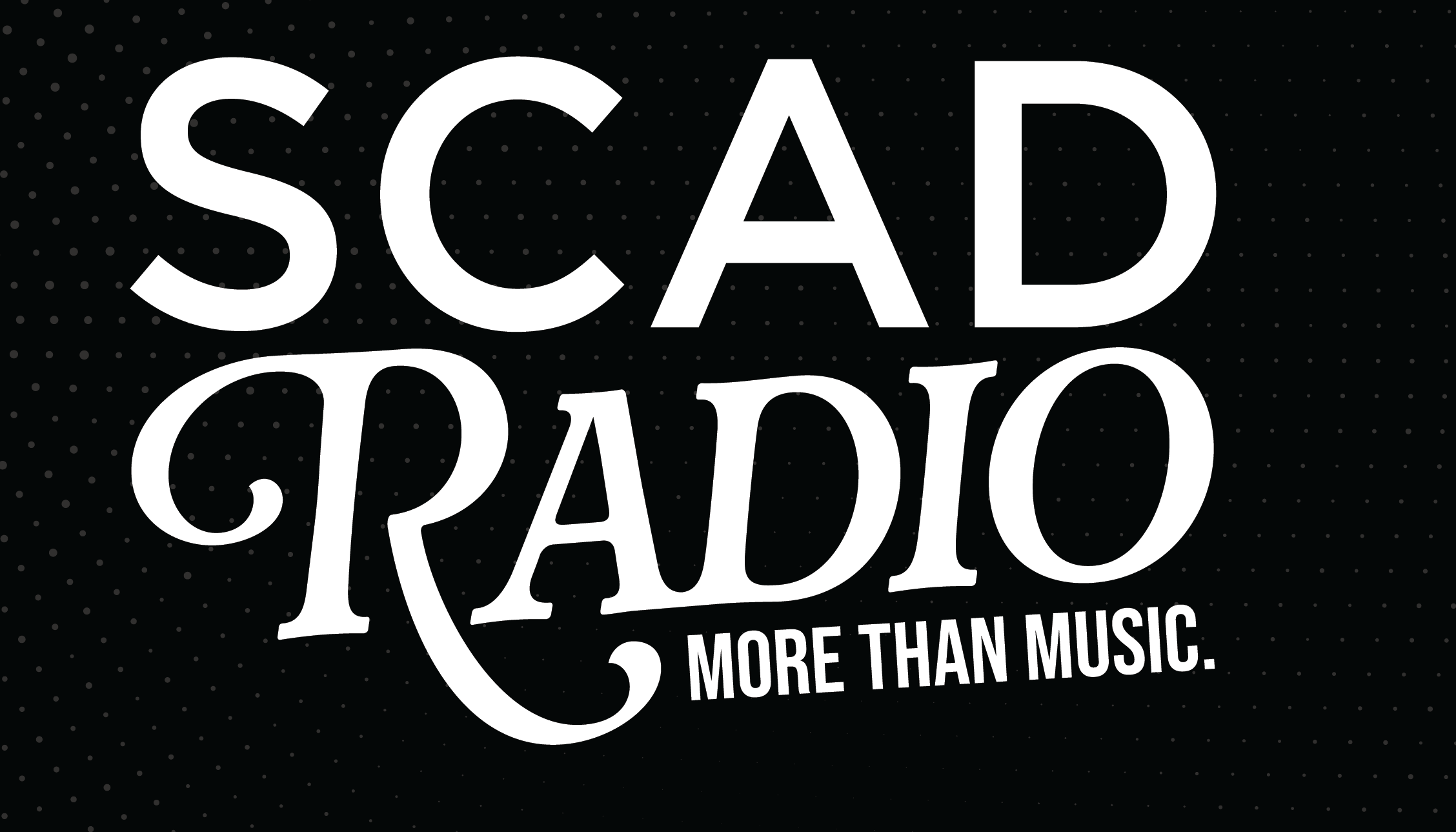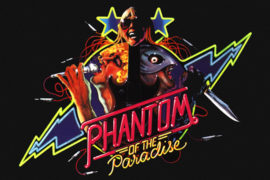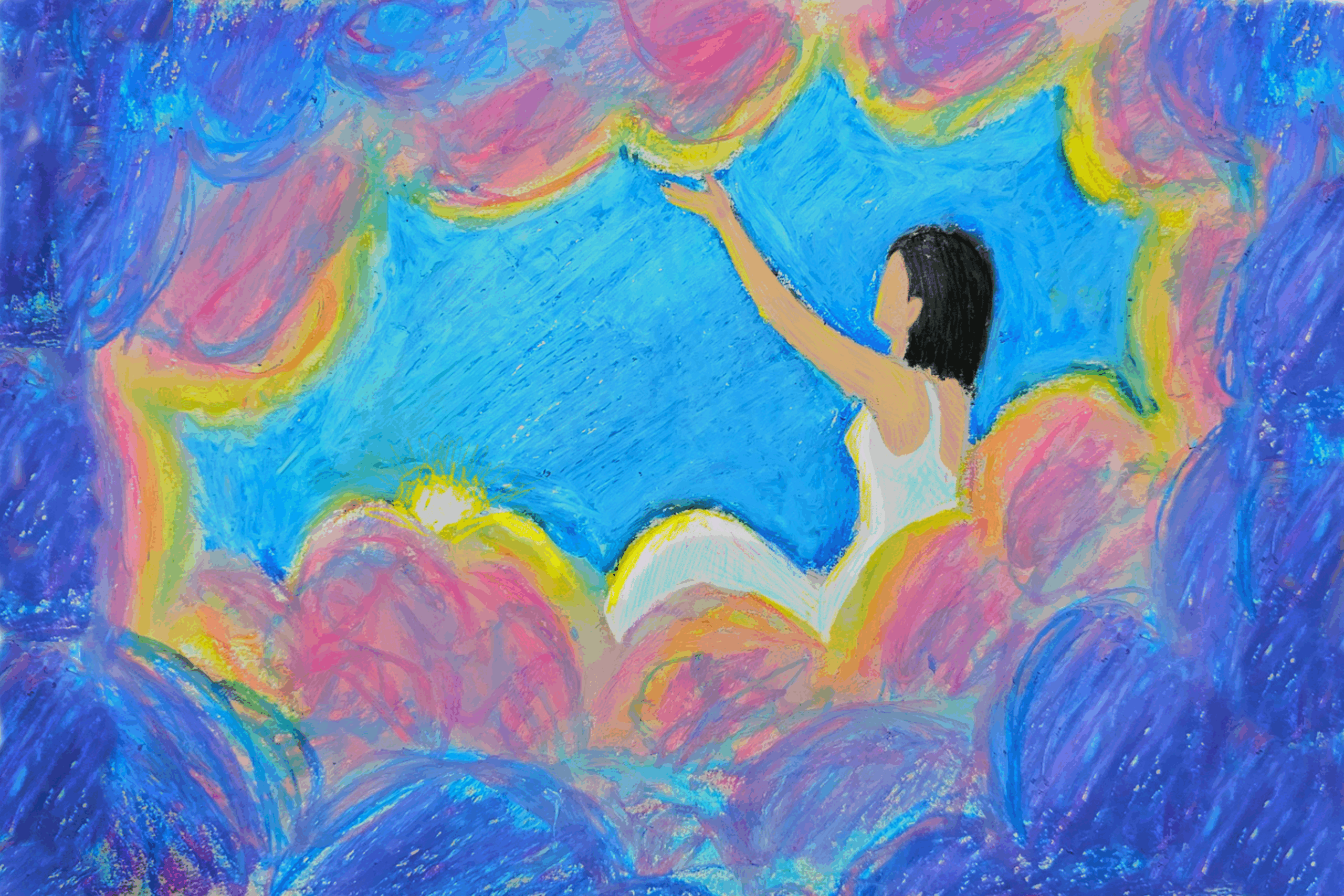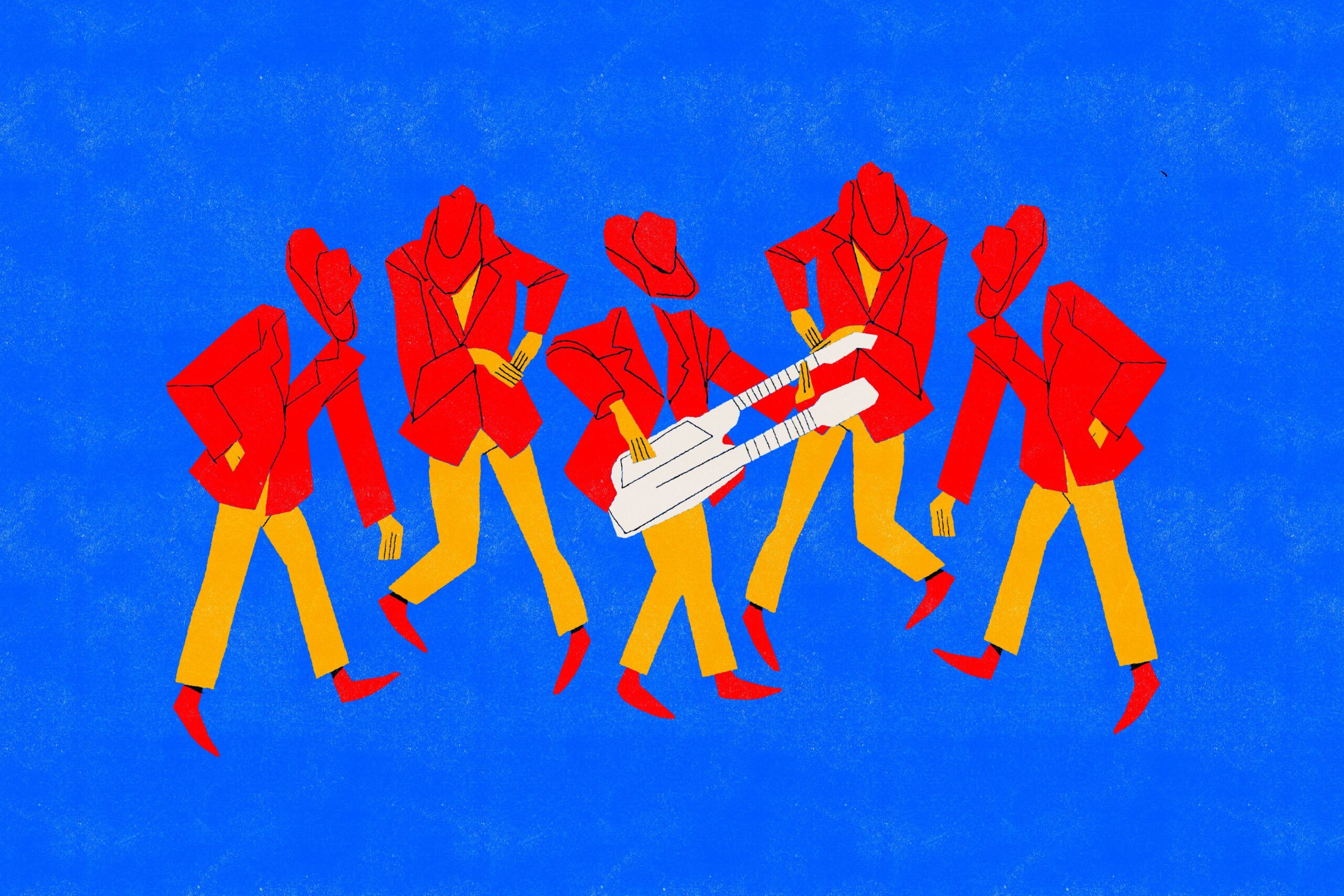My three favorite directors are Michael Mann, Wes Anderson, and Brian De Palma. Of course, there are other directors whose work I constantly go back to: David Lean, Edgar White, and Alfred Hitchcock, just to name a few. But it is the work of the former three that has always caught my eye — and imagination.
I enjoy a film that has a sense of style. Film has the capability to diverge from reality as much as it wants. Anderson exemplifies this with his trademark visual effects in The Royal Tenenbaums, The Life Aquatic with Steve Zissou, and The Grand Budapest Hotel (which is my favorite film). Directors who implement a particular style in their work without adhering strictly to its conventions often grab my attention.
This is where Brian De Palma comes in.
Best known for hits like Carrie, Scarface, and The Untouchables, Brian De Palma directed and wrote the film Phantom of the Paradise early in his career, as a loving send up to all things scary and sweet-sounding. This 1974 movie follows aspiring composer and singer Winslow Leach (William Finley) as he struggles to get his rock opera produced. He makes a deal with record producer Swan (Paul Williams), who then steals the music without crediting Winslow. After attempting to take his music back, Winslow is badly disfigured by Swan’s goons, and decides to exact revenge. He dons a mask and cape and terrorizes Swan’s music hall as the titular phantom. In this role, Winslow finds a new muse in the beautifully talented singer Phoenix (Jessica Harper). Their relationship, and the feud between Winslow and Swan, culminates in a bloody, musical rendition of Goethe’s Faust.
But that only scratches the surface. This is not simply an homage to horror, and it is apparent within the first ten minutes that a great deal of time and effort went into this film. It references many classic horror films, among them, Psycho and The Cabinet of Dr. Caligari. The opening narration is even done by Rod Serling of The Twilight Zone fame.
Paul Williams shines especially bright in his role. His acting may be a bit hokey, but the style of the film, along with the fact that many of his fellow actors are even worse, works in his favor. Still, it’s a better performance than when played the orangutan Virgil in the original Battle for the Planet of the Apes. It’s also funny to see the 5 foot two inch actor stand next to the six foot four inch William Finley. It’s an ironic statement: the little man has all the power.
Not only does Williams play the dastardly villain, Swan, he also composed and sang most of the music for the film. Listen to the closing credits music, “The Hell of It.” It is amazing. The whole soundtrack is dark and catchy, in a similar vein as The Rocky Horror Picture Show.
My biggest problem with the film is definitely the editing. As this is one of De Palma’s earlier works, there are a lot more mistakes than his newer films contain. Costumes change in-between frames; some scenes look like they were inserted just for the hell of it, or to give the film a better flow. Many of them achieve the latter effect, but it’s still a bit off-putting to see Paul Williams change clothes in between entering and leaving a room.
Another problem is the pacing. Parts of the film happen so fast that if you blink, you’ll miss important details, while other moments seem to drag on for about five seconds too long. That’s a minor criticism, though. Phantom is still enjoyable throughout the hour-and-a-half run time.
And here’s a fun fact: Sissy Spacek (who would star in the movie adaptation of Stephen King’s Carrie two years later) was the set dresser on the film.
If you are interested in watching this film, I can’t recommend it enough. It’s gory, goofy, and good for the eyes and ears. I also highly recommend the Blu-Ray Collector’s Edition. I first watched the film on DVD, and it looked like a typical ‘70s film: grainy, and a bit muted. I was able to watch a few clips of the Blu-Ray, and the quality was infinitely improved. In addition to the higher resolution, the saturation of colors and the contrast in values is much greater. It no longer resembles a ‘70s film so much as it does a feature from Hammer Horror.
If you love The Rocky Horror Picture Show, you’ll love this rock-pop creature feature.

4 out of 5 Phantoms






Leave a Reply